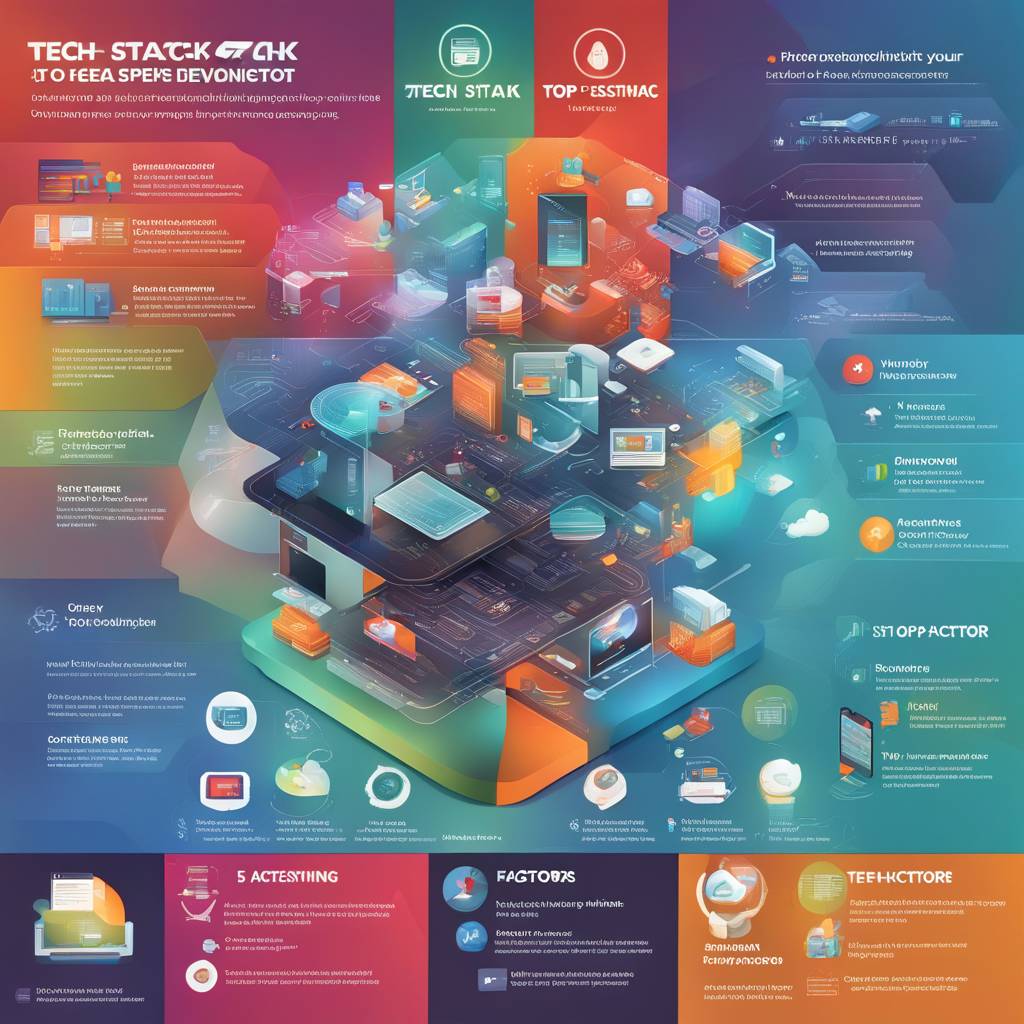As President and Chief Operations Officer of GeoLinks, a prominent Internet and Digital Voice Provider, Ryan emphasizes the importance of building a robust and efficient tech stack to drive innovation and stay competitive in the industry. With an abundance of software tools and applications available, it can be overwhelming to determine the right components to include in a company’s tech stack. Here are five key things to consider when building a tech stack.
The first consideration is to understand regulatory requirements relevant to the business, such as HIPAA compliance for healthcare companies. Consulting legal and compliance experts can ensure that the tech stack meets necessary standards to avoid financial penalties and damage to the business’s reputation. In-house counsel at GeoLinks helps oversee compliance efforts and prevent regulatory breaches, safeguarding the company’s reputation and maintaining stakeholder trust.
Adapting to industry-specific tech is crucial, as what works for one industry may not be suitable for another. Tailoring the tech stack to the specific needs of the sector can enhance efficiency and productivity. Researching proactively and embracing change can help businesses stay ahead of industry trends and adopt emerging technologies. Evaluating the tech stack annually and being open to superior tech solutions can help keep the business competitive and innovative.
Integrating new technologies seamlessly with current workflows and staff is essential to minimize disruptions and gain acceptance from the team. Considering how new technologies will fit into existing processes and offering training and buy-in can lead to successful implementation and faster realization of desired outcomes. Additionally, preparing the IT infrastructure to support the demands of the tech stack, such as bandwidth and storage requirements, is crucial to optimize efficiency and minimize downtime.
By following a strategic approach that includes understanding regulatory requirements, tailoring solutions to the industry, conducting research, embracing change, ensuring seamless integration, and preparing the IT infrastructure, businesses can create a strong tech foundation that meets current needs and positions them for future success. The Forbes Business Council, a leading organization for business owners and leaders, offers growth opportunities and networking for those who qualify.


